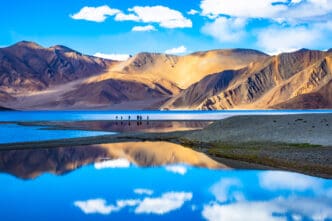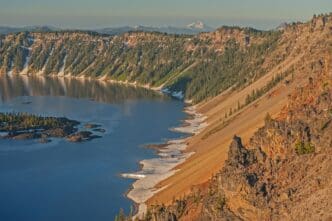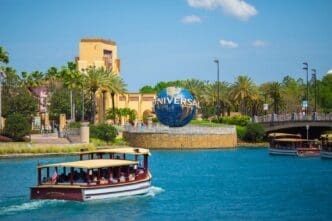Your Essential Overview
- The Amazon Rainforest is a globally significant ecological powerhouse, crucial for biodiversity and climate regulation, but faces severe threats that responsible tourism can help mitigate by providing economic incentives for preservation.
- Choosing an ethical tour operator is paramount for responsible Amazon exploration, requiring selection based on transparent policies regarding environmental protection, cultural respect, fair wages for local staff, and contributions to conservation.
- During exploration, visitors must minimize their environmental footprint by adhering to guidelines like staying on trails, practicing ‘pack it in, pack it out,’ conserving resources, and observing wildlife from a respectful distance without interference.
The Destination’s Lore
- The Amazon Rainforest is a globally significant ecological powerhouse, vital for biodiversity, freshwater cycles, and climate regulation, but it faces severe threats from deforestation, illegal mining, and agricultural expansion; consequently, responsible tourism is crucial as it provides economic incentives for local communities to protect this indispensable ecosystem.
Making the Trip Yours
- Responsible tourism in the Amazon Rainforest is crucial for its preservation, offering economic incentives to local communities and indigenous populations to protect this vital global ecosystem against deforestation and other threats. By supporting ethical operators and engaging mindfully, travelers can directly contribute to the Amazon’s conservation efforts, ensuring its long-term survival and the continuation of its global ecological significance for future generations.
Perspectives from the Road
- Responsible tour operators and travelers believe that Amazon exploration must prioritize environmental protection, cultural respect, and local economic benefit, advocating for ethical choices to ensure a sustainable experience and contribute to conservation.
- Local indigenous communities benefit economically and culturally from responsible tourism, which provides incentives to protect their natural heritage through fair wages and support for traditional skills.
- Environmental advocates emphasize the Amazon’s global significance as a critical carbon sink and biodiversity hotspot, viewing responsible tourism as a unique pathway to support its preservation against severe threats like deforestation and illegal mining.

Exploring the Amazon Rainforest, a colossal biome spanning nine South American countries, offers an unparalleled opportunity to connect with nature’s raw power and incredible biodiversity. For travelers seeking adventure, ecological immersion, and cultural exchange, responsible exploration is paramount. This means choosing ethical tour operators, adhering to strict environmental guidelines, respecting indigenous communities, and actively contributing to conservation efforts, ensuring that this vital global ecosystem can thrive for future generations while providing an enriching and unforgettable experience for visitors.
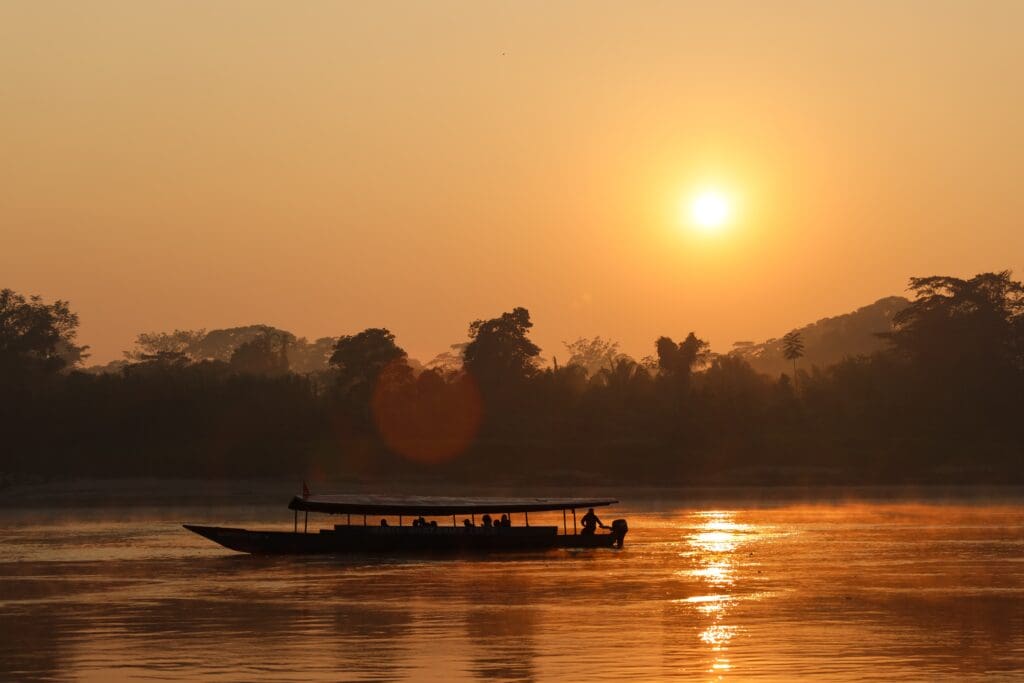
Understanding the Amazon’s Global Significance
The Amazon Rainforest is not merely a large forest; it is a global ecological powerhouse. Covering approximately 6.7 million square kilometers, it hosts over 10% of the world’s known species, including countless endemic plants and animals. Its vast network of rivers, including the mighty Amazon River, contributes significantly to global freshwater cycles and influences weather patterns far beyond its borders.
This immense ecosystem acts as a critical carbon sink, absorbing vast amounts of carbon dioxide and producing oxygen, making it indispensable in the fight against climate change. However, it faces severe threats from deforestation, illegal mining, agricultural expansion, and climate change. Responsible tourism offers a unique pathway to support its preservation, providing economic incentives for local communities to protect their natural heritage rather than exploit it.
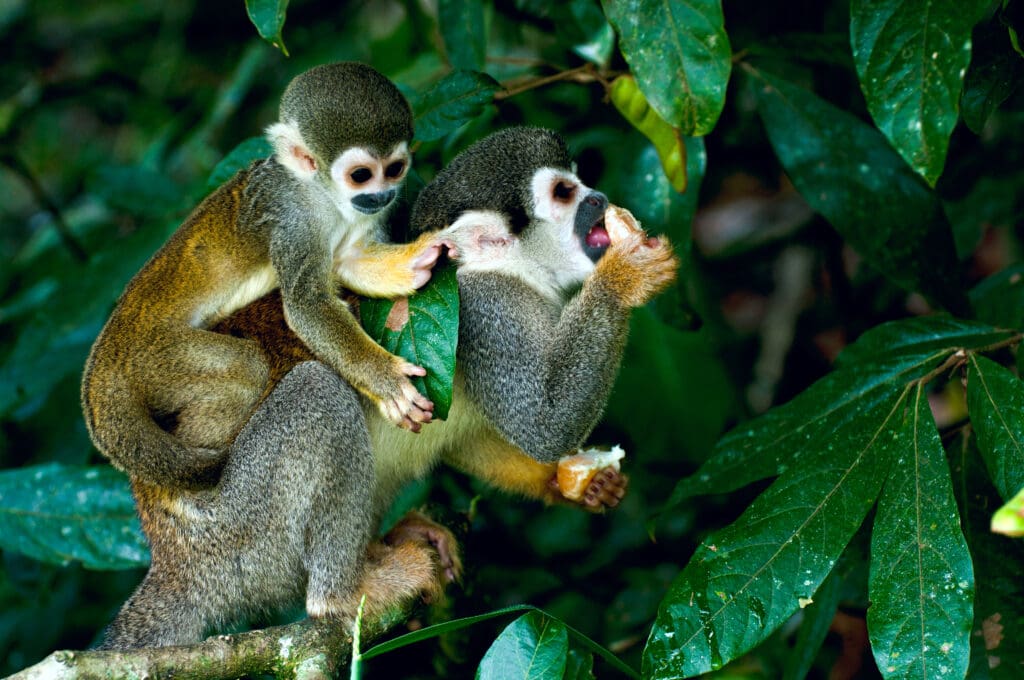
Choosing a Responsible Tour Operator
The foundation of any ethical Amazon adventure lies in selecting the right tour operator. A truly responsible company prioritizes environmental protection, cultural respect, and local economic benefit. They are not just selling a trip; they are facilitating a sustainable experience.
Look for operators with transparent policies on waste management, wildlife interaction, and community engagement. They should employ local guides, ensuring fair wages and providing direct economic benefits to the region. Small group sizes are often an indicator of a commitment to minimizing impact and fostering a more intimate experience. Ask about their certifications, such as those from the Global Sustainable Tourism Council (GSTC) or local eco-tourism associations, which can vouch for their practices.
Key Questions to Ask Your Operator:
- What are your waste disposal and recycling policies in the jungle?
- How do you ensure fair wages and working conditions for your local staff?
- What is your policy on wildlife interaction? Do you guarantee sightings or prioritize animal welfare?
- How do you support and involve local indigenous communities in your operations?
- What percentage of your profits, if any, are reinvested into conservation projects?
- What are your emergency procedures and safety protocols?
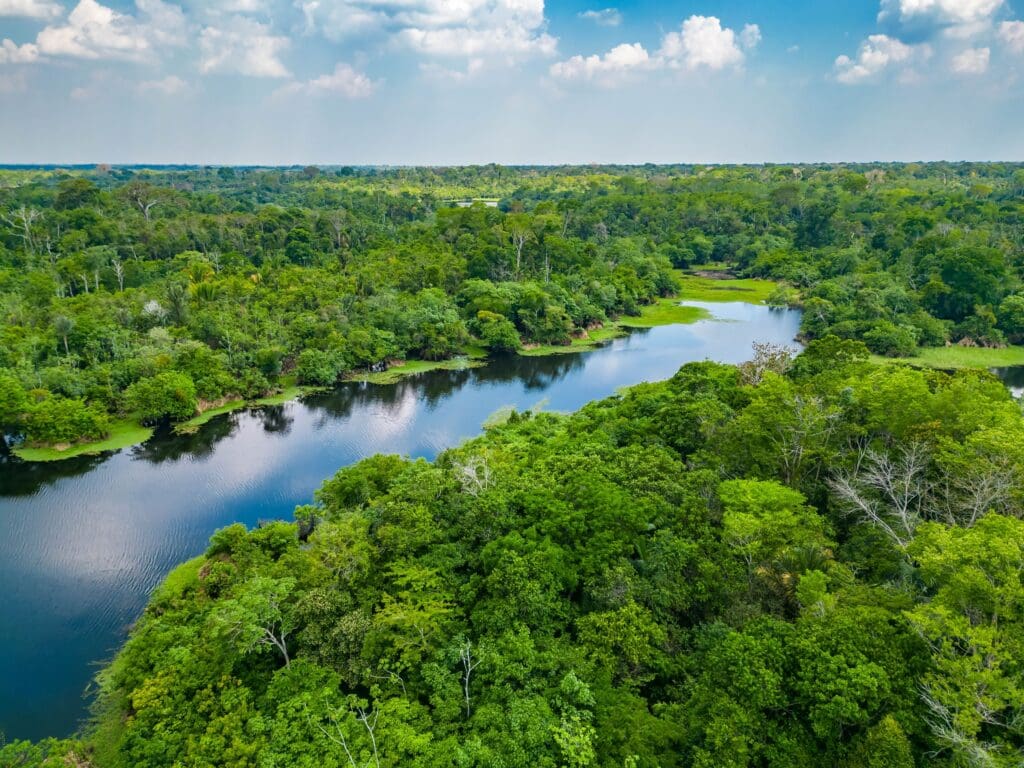
Essential Pre-Trip Preparation
Thorough preparation is crucial for a safe and responsible Amazon journey. Health precautions are paramount; consult your doctor about necessary vaccinations, such as yellow fever, and discuss malaria prophylaxis. Pack a comprehensive first-aid kit, including any personal medications, insect repellent with DEET or picaridin, and sun protection.
Regarding packing, think lightweight, quick-drying clothing in neutral colors to blend with the environment and deter insects. Long sleeves and pants are advisable for protection against sun and bites. Sturdy, waterproof hiking boots are essential, along with a wide-brimmed hat, sunglasses, and a reusable water bottle. Minimize plastics and non-biodegradable items.
Best Practices During Your Exploration
Once in the Amazon, your actions directly reflect your commitment to responsible tourism. Every decision, from what you buy to how you interact, has an impact.
Minimize Your Environmental Footprint
Always stick to designated trails and follow your guide’s instructions. Venturing off-path can damage fragile ecosystems and disturb wildlife. Pack out everything you pack in, including all trash and any food waste. Avoid single-use plastics wherever possible, opting for reusable alternatives for water and snacks. Conserve water and electricity at your lodge, remembering that these resources are precious and often difficult to deliver in remote areas.
When observing wildlife, maintain a respectful distance. Never feed, touch, or attempt to attract animals. Doing so can alter their natural behavior, make them dependent on humans, and expose them to diseases. Use binoculars and telephoto lenses for close-up views without intrusion. Flash photography should be used sparingly, if at all, especially at night, as it can disorient nocturnal creatures.
Support Local Communities and Cultures
The Amazon is home to countless indigenous communities, whose cultures are deeply intertwined with the forest. Engage with them respectfully, learning about their traditions and way of life. Always ask permission before taking photographs of people or their property. Purchase locally made crafts and goods directly from the artisans; this provides direct economic benefit and supports traditional skills, ensuring more of your money stays within the community.
Be mindful of cultural sensitivities. Learn a few basic phrases in the local language, which can go a long way in building rapport. Avoid making promises you cannot keep, and understand that cultural exchange is a two-way street, requiring patience and an open mind.
Safety and Awareness
The Amazon is a wild and untamed environment. Always listen to and follow your guide’s instructions, as they possess invaluable knowledge of the terrain, flora, and fauna. Inform your guide of any health concerns, allergies, or physical limitations. Stay hydrated, especially in the humid climate, and be aware of your surroundings at all times.
Common Activities and Responsible Engagement
From jungle treks to river cruises, the Amazon offers a range of activities. Each can be enjoyed responsibly with mindful participation.
Jungle Treks: These are best undertaken with experienced local guides who can identify safe paths, point out hidden wildlife, and share traditional knowledge of medicinal plants. Wear appropriate clothing and footwear, and move quietly to avoid disturbing the forest’s inhabitants.
River Cruises: Choose operators whose boats have proper waste management systems and avoid discharging pollutants into the river. Opt for smaller vessels that cause less disturbance to aquatic life and riverbanks. Enjoy the scenery and wildlife from a distance, using binoculars to spot caimans, monkeys, and exotic birds.
Wildlife Spotting: Patience is key to seeing animals in their natural habitat. Resist the urge to chase or approach animals for a better photo. Respect their space and let your guide lead the way in ethical observation techniques.
Community Visits: These are opportunities for genuine cultural exchange. Participate in activities offered by the community, such as craft workshops or traditional cooking demonstrations. Remember that you are a guest, and act accordingly.
Beyond the Trip: Continuing Your Impact
Your commitment to the Amazon doesn’t end when you leave. Share your experiences responsibly, inspiring others to travel ethically and raising awareness about the importance of conservation. Support reputable conservation organizations working on the ground in the Amazon. Advocate for sustainable travel practices and policies in your own community and when planning future trips.
The Amazon Rainforest is a treasure of unparalleled value, and responsible exploration is the only way to experience its magic while contributing to its long-term survival. By making informed choices and acting with respect and awareness, travelers can ensure their adventure not only fulfills their own desire for discovery but also plays a vital role in preserving this extraordinary natural wonder for generations to come.





